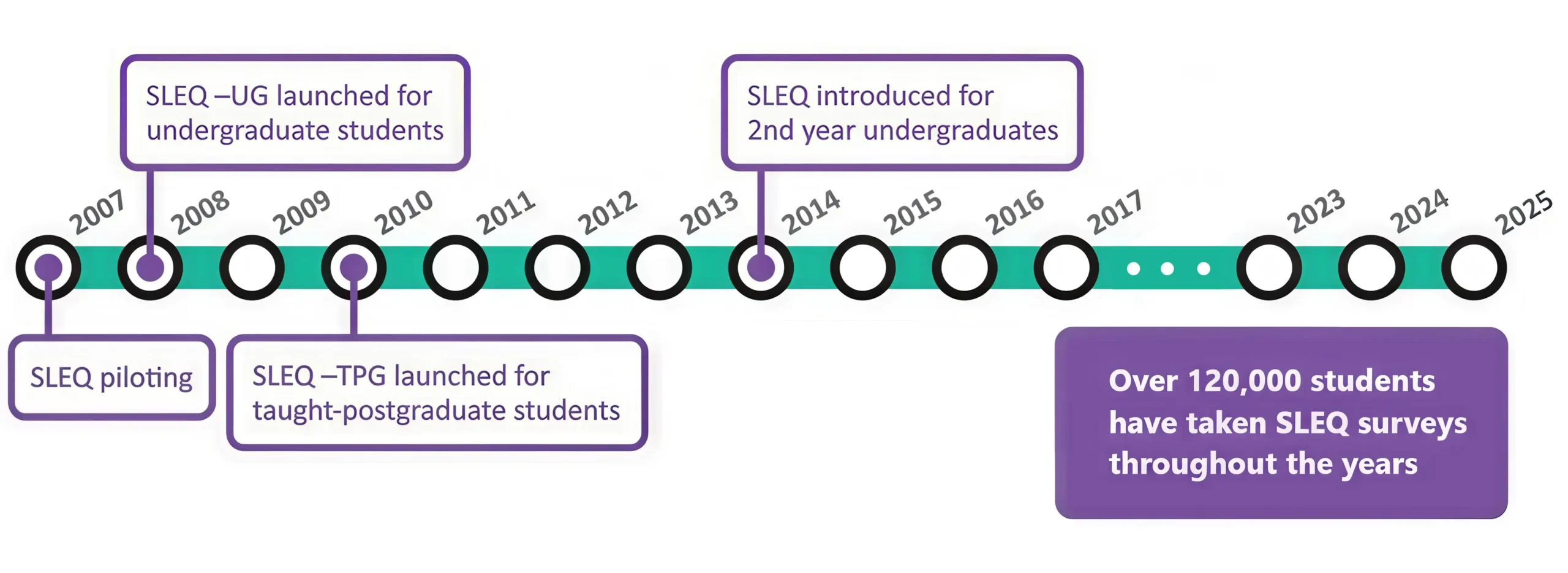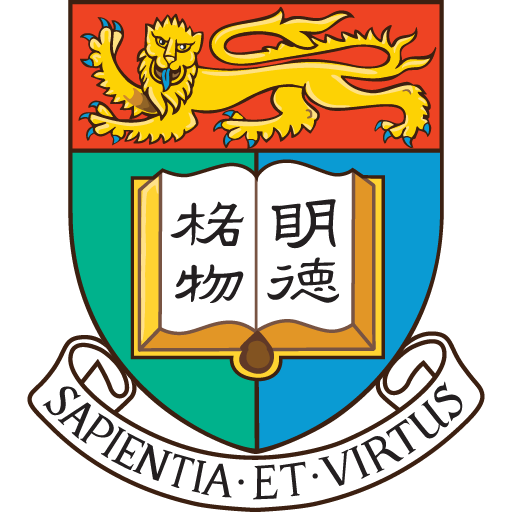Contents
Institutional Surveys on Teaching & Learning
The survey findings are analysed and fed back to individual Faculties or programmes. Discussions are held with Deans, Associate Deans, programme directors and relevant staff members to address issues arising from the findings for the purpose of curriculum and pedagogy monitoring and renewal. In future surveys students will become more actively involved as they have an integral part to play in jointly constructing the curriculum and the learning.
As a means to gather feedback from major stakeholders and as an essential source for ongoing improvement, the SLEQ feeds into the institutional wide focus reviews, which include but not limited to the themes of internationalisation, experiential learning, Common Core curriculum, and English language enhancement. The survey findings, both quantitative results and qualitative comments, provide valuable data in support of quality assurance and quality enhancement.

Undergraduates
Postgraduates
At the postgraduate level, the Student Learning Experience Questionnaire − Taught Postgraduate (SLEQ − TPG) seeks students’ perceptions of the curriculum and the learning outcomes resulting from the programme, containing questions that are specific for the taught-postgraduate curricula to cater for the characteristics of taught postgraduate programmes. The SLEQ-TPG is administered annually between April and August to accommodate the schedules of different programmes. The collected data are used to provide feedback to enhance the programme quality.
Graduates and Employers
Other Learning Experience Questionnaires
Additional institutional surveys covering specific areas of student learning experiences are conducted from time to time. Examples of past questionnaires and focus group themes include e-learning, AI in teaching and learning, English language support, experiential learning, service learning, and volunteer work.
SLEQ in Higher Education Research
Research in Higher Education: Measuring longitudinal gains in student learning
Quality Assurance in Education: Comparing perceived learning experiences of two concurrent cohorts under curriculum reforms in Hong Kong


